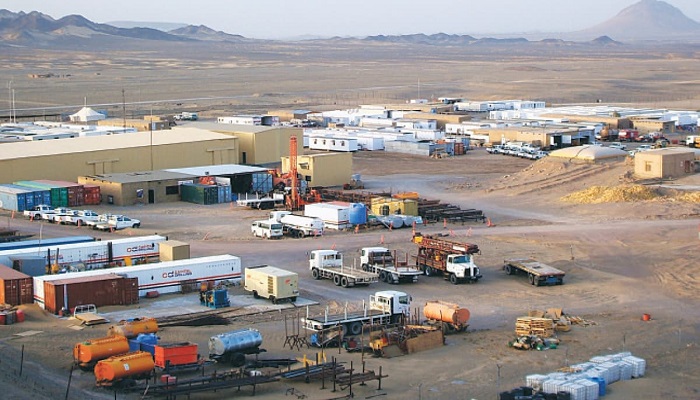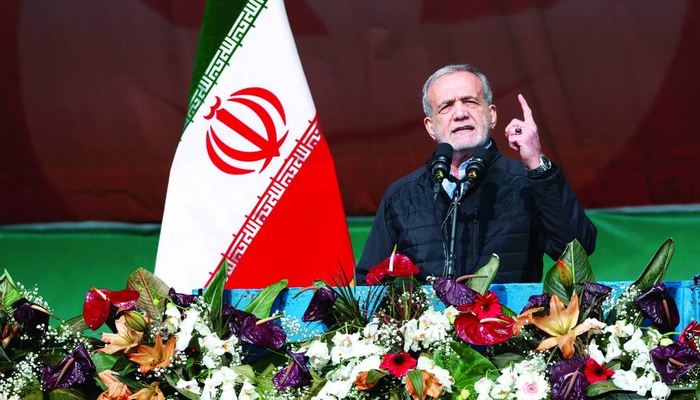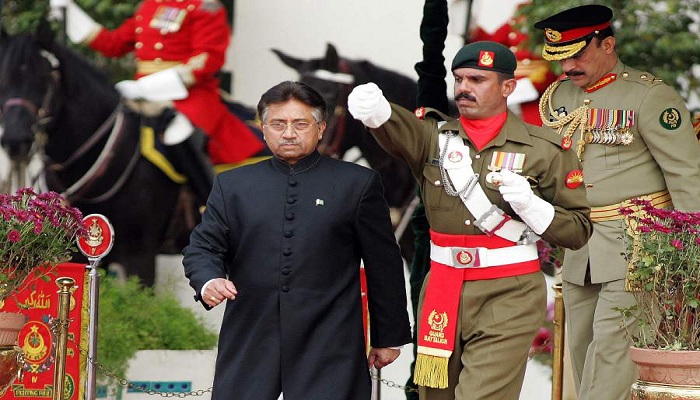With Beijing slow to deliver, the Asian Development Bank is stepping up to finance a $2B upgrade of Pakistan’s rail line, crucial for moving copper from the Reko Diq mine, as its president visits Islamabad for key talks.
The President of the Asian Development Bank (ADB) Masato Kanda is scheduled to visit Islamabad next week as the regional lender prepares to step in and fund a critical section of Pakistan’s railway infrastructure, following prolonged delays in financing from China.
The visit comes at a pivotal moment, with discussions advancing around a $2 billion upgrade to a 500-kilometre stretch of track between Karachi and Rohri, once a central component of China’s Belt and Road Initiative (BRI) investments in Pakistan.
According to two sources familiar with the matter, the ADB is now expected to lead the financing consortium for the project, which had originally been part of a broader 1,800 km railway revamp under the $60 billion China-Pakistan Economic Corridor (CPEC).
Pakistan Launches Army Rocket Force Command to Boost Strike Power
Despite a decade of talks, the flagship rail project — the largest under CPEC — has yet to receive a finalized finance package from Beijing.
The urgency of the rail upgrade has grown due to its role in transporting copper ore from the Reko Diq mine, one of the world’s largest untapped copper and gold deposits, currently being developed by Canada’s Barrick Gold Corporation.
The mine is a cornerstone of Pakistan’s strategy to boost its mining sector and is projected to begin production in 2028, with an annual output of 200,000 metric tons of copper concentrate.
“We will have a crisis. How will you evacuate output from Reko Diq? The exhausted line will come under even more pressure,” a senior Pakistani government official warned.
Pakistan and China Vow to Fast-Track Development, Crush Misinformation
To support the broader mining plan, the ADB also approved $410 million in financing for Reko Diq earlier this week. The upcoming railway upgrade would include modernizing tracks and bridges between Karachi and Rohri so that diesel trains can run at higher speeds. From Rohri, the rail line will connect to a western branch coming from the mine site in Balochistan.

The ADB has not yet confirmed the full financing details but stated that it maintains “regular discussions on railway sector development” with the Government of Pakistan and any assistance would require “comprehensive due diligence” in line with its policies.
The proposal, while sensitive, has reportedly been coordinated diplomatically with China. “We would never do anything to jeopardise that relationship,” a senior official said.
Beijing launched major infrastructure projects in Pakistan after CPEC’s launch in 2015. However, project momentum has slowed in recent years. The Gwadar East Bay Expressway, inaugurated in 2022, was the last major CPEC project completed. Meanwhile, Pakistan has fallen behind on payments for electricity from Chinese-built power plants and is negotiating debt rescheduling.
From Talk to Trade as Pakistan–Finland Council Gears Up for Helsinki Business Breakthrough
Despite the economic and diplomatic balancing act, both countries reaffirmed strong ties during a meeting between Chinese Foreign Minister Wang Yi and Pakistani Prime Minister Shehbaz Sharif last week, where they agreed to move forward with the next phase of CPEC.
The ADB-led railway project marks a strategic pivot as Pakistan seeks alternative partnerships to keep vital infrastructure moving forward particularly in light of rising demand from resource extraction projects like Reko Diq, which also faces persistent security risks in insurgency-prone Balochistan, where militants have repeatedly targeted the railway network.



